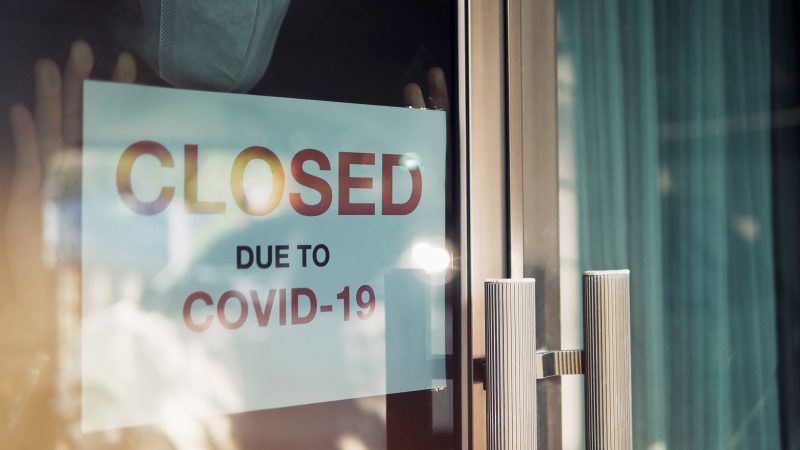
Bridget Phillipson has declared that businesses are paying for the government’s “reckless and negligent approach to border controls” as firms prepare for changes to economic relief measures introduce at the height of the pandemic.
Commenting on estimates suggesting that almost 375,000 businesses will be hit by a reduction to business rates relief from Thursday, Phillipson criticised the decision from ministers not to extend economic support with the delay to unlocking.
Under the Covid unlocking ‘roadmap’ outlined earlier this year, restrictions had been set to lift on June 21st but this was delayed four weeks to July 19th following the spread of the Delta variant, first identified in India, in the UK.
“A month’s delay may seem like a short time, but for businesses in retail, hospitality and leisure, legally closed from trading or relying on the summer season the delay is another blow,” the Shadow Chief Secretary to the Treasury said.
“We want to see businesses make it through and thrive because they are an important part of what makes our country great, and essential for driving our recovery. The government must make sure economic measures go hand in hand with public health measures and that our British businesses and high streets are not left out in the cold.”
India was placed on the no-travel ‘red list’ by the government on April 23rd, six days before the delta variant was identified in the country. But another closely related variant had been identified in India weeks before on April 1st.
Shadow Health Secretary Jonathan Ashworth last month accused ministers of having left the borders “about as secure as a sieve” throughout the pandemic, and Labour’s Steve Reed said the delay in closing the borders had put the country at risk.
All legal limits on social contact were expected to be dropped on June 21st, meaning that people would have been allowed to meet up in groups of any size and nightclubs and other businesses able operate as they did before the pandemic.
MPs agreed an extension to the restrictions amid rising Covid cases. The number of infections has continued to rise since the delay was announced with a further 116,287 cases recorded in the past seven days, up 70% on the previous week.
Ministers made no changes to the planned withdrawal of Covid economic support measures. From July 1st, businesses will have to make contributions to wages under the furlough scheme and will have their business rates relief reduced.
According to analysis commissioned by Labour, 374,172 businesses will lose on average around £1,200 each in business rates relief. Around 30% (112,000) of those affected are hospitality and leisure properties while 60% (225,000) are shops.
The four-week extension of restrictions was announced subject to a review at week two. Newly appointed Health Secretary Sajid Javid told MPs on Tuesday that the government would not be deviating from the July 19th date for ‘freedom day’.
Labour is urging the government to delay the introduction of furlough contributions and has called on ministers to “learn lessons from the Labour-led Welsh government”, which has given most businesses 100% rate relief for a year.
Under the current plans, businesses across the country will be forced to contribute 10% of an employee’s wage rising to 20% in August, as taxpayer-funded support through the furlough scheme is reduced from the current level of 80%.
TUC general secretary Frances O’Grady has called for Chancellor Rishi Sunak to extend furlough “as long as is needed”, warning: “Ministers must not pull the plug on our recovery by cutting off support too soon.”




More from LabourList
‘Tackling poverty should be the legacy of Keir Starmer’s government’
‘The High Court judgment brings more uncertainty for the trans community’
‘There are good and bad businesses. Labour needs to be able to explain the difference’